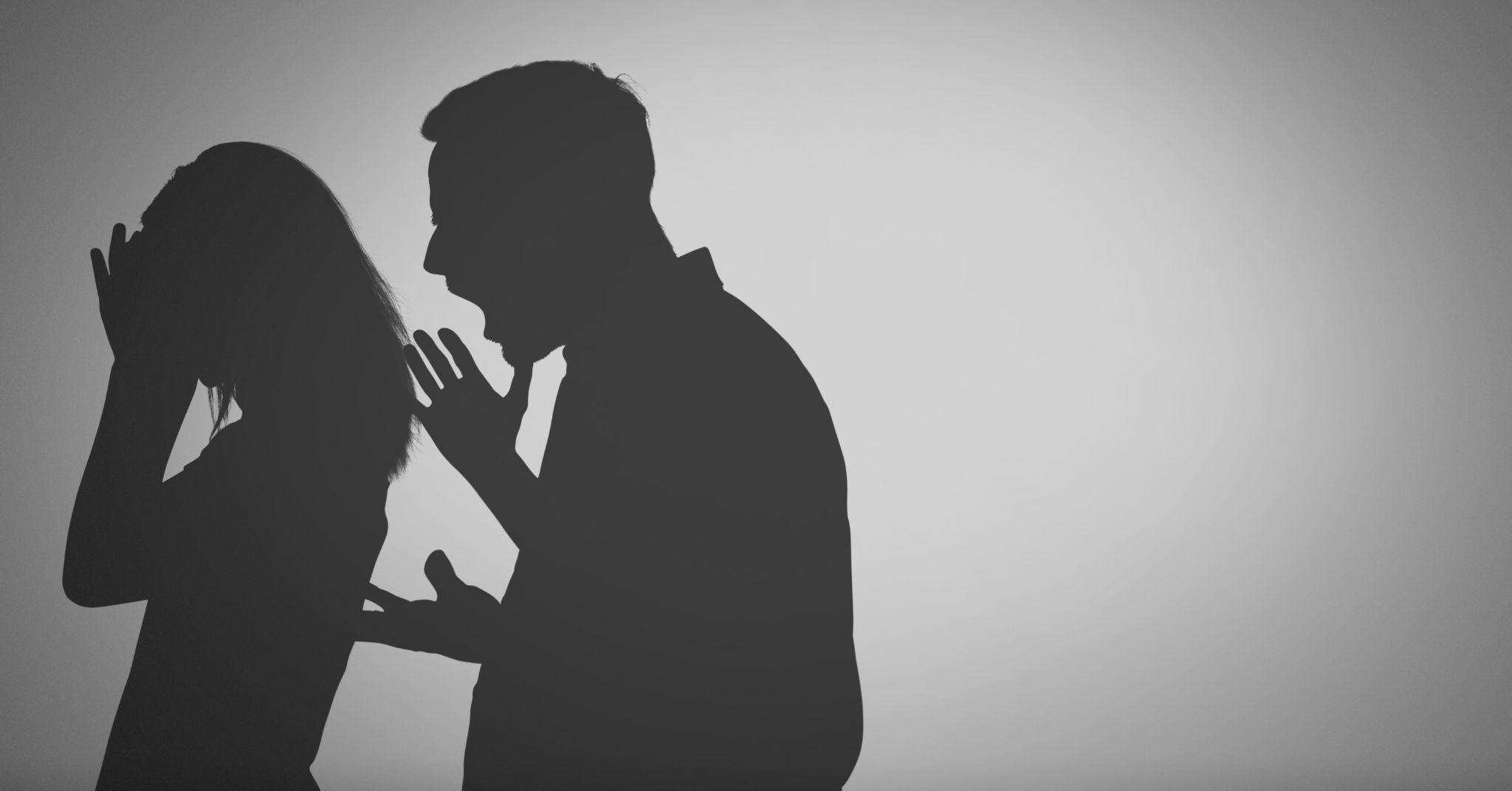Addiction and spousal abuse are two serious issues that can destroy families and individuals. When these problems intersect, the results can be devastating. Understanding the connection between addiction and spousal abuse is crucial for those struggling with addiction or concerned loved ones.
Domestic violence statistics show that 1 in 4 women (24.3%) and 1 in 7 men (13.8%) aged 18 and older in the US have been victims of severe physical violence by an intimate partner at some point in their lives.1 These statistics highlight the prevalence of intimate partner violence and underscore the importance of addressing the underlying issues, such as addiction, that can contribute to this abuse.
Research further indicates that alcohol use is linked to greater aggression severity through the effects of alcohol on the perpetrator, victim, or both.2 This connection between substance abuse and increased aggression makes it vital to understand and address the dynamics between addiction and domestic violence.
Occurrences of Substance Abuse and Domestic Violence
Domestic violence is more prevalent in relationships where one or both partners suffer from addiction. The relationship between domestic violence and substance abuse is complex, with several contributing factors that exacerbate the situation.
Loss of Control
Addiction often leads to a loss of control over one’s actions and behaviors. Substances like alcohol and drugs can impair judgment, reduce inhibitions, and lead to aggressive behavior.
This loss of control can manifest as verbal, emotional, or physical abuse towards a spouse. For example, an individual under the influence may act out in ways they normally wouldn’t, escalating minor disagreements into violent altercations.
Increased Stress
Addiction puts a significant strain on relationships. Financial problems, legal issues, and the emotional toll of addiction can increase stress levels in a relationship. This heightened stress can lead to conflicts and, in some cases, an abusive situation.
Financial instability due to spending on substances, potential job loss, and the constant strain of addiction-related issues can create a high-pressure environment that fosters abusive behavior.
Codependency
In many relationships affected by addiction, a codependent dynamic can develop. One partner may enable and trigger substance abuse in the other, creating an unhealthy and sometimes abusive relationship.
The enabler may also suffer from low self-esteem, making them more susceptible to abuse. Codependency often involves a cycle where the enabler supports the addict’s harmful behavior, which in turn perpetuates the cycle of abuse and dependency.
Mental Health Issues
Substance abuse and addiction often co-occur with mental health disorders such as depression, anxiety, or PTSD. These conditions can further complicate the relationship and increase the likelihood of domestic violence.
Mental health issues can make it difficult for individuals to cope with stress, leading to abusive behavior. For instance, untreated depression or anxiety can result in irritability and anger, which might be directed at a spouse.
Power and Control
Abusive behavior is fundamentally about exerting power and control over a partner. An abusive partner who is also using alcohol or drugs might deflect responsibility for their actions by blaming their substance use. They may make statements like, ‘I wouldn’t have done that if I wasn’t drunk,’ which can mislead the victim into believing substance use is the core issue.3
However, many people use drugs and alcohol without becoming abusive. The underlying issue is the abuser’s need to control and dominate their partner. Achieving sobriety does not necessarily end the abuse because the root issue of power and control remains unaddressed.3
5 Reasons for Increased Occurrence of Domestic Violence
The increased occurrence of domestic violence in relationships affected by addiction can be attributed to several factors:
- Impaired Judgment: Substance abuse impairs judgment and decision-making abilities. An intoxicated person is more likely to act on impulse and engage in violent behavior. For example, alcohol can lower inhibitions and increase aggression, leading to situations where an argument turns physical.
- Emotional Instability: Drug abuse causes emotional instability. Mood swings, irritability, and aggression are common in individuals with substance use disorders. This emotional volatility can lead to abusive outbursts. Substances like cocaine or methamphetamine can cause heightened aggression and paranoia, while withdrawal from substances can lead to extreme irritability and anger.
- Dependence and Desperation: Addicted individuals often become desperate to maintain their substance use. This desperation can lead to manipulative and controlling behaviors, including abuse, to ensure their addiction is sustained.
- Unresolved Trauma: Many individuals with addiction have a history of trauma. This unresolved trauma can manifest as abusive behavior towards a spouse. The cycle of addiction and abuse often perpetuates this trauma, making it difficult to break free. Trauma can lead to negative coping mechanisms, including substance abuse and violent behavior, creating a vicious cycle of abuse.
- Lack of Coping Mechanisms: Addiction often replaces healthy coping mechanisms. Individuals may turn to substances to deal with stress, anger, or frustration. Without proper coping strategies, these emotions can lead to violent behavior. The inability to handle everyday stressors without the crutch of substances can result in outbursts and abuse.

The Importance of Seeking Help
Breaking the cycle of addiction and spousal abuse is challenging but essential. Seeking help is crucial for both the addicted individual and the victim of abuse. Here are some important steps to take:
Addiction is a complex disease that requires professional treatment. Rehab programs, counseling, and support groups can provide the necessary tools to overcome addiction and address underlying issues.
For victims of domestic violence, safety planning is crucial. This includes finding a safe place to stay, having a support system, and knowing how to access emergency services.
Individual and couples therapy can help address the root causes of addiction and abuse. Therapy can provide coping strategies, improve communication, and rebuild trust in the relationship.
Support groups for both addicted individuals and victims of domestic violence can offer valuable resources and emotional support. Sharing experiences with others who understand can be incredibly healing.
In cases of severe abuse, legal assistance may be necessary. Restraining orders and legal action can provide protection and help victims regain control of their lives.
Get The Help That You Deserve Today With Lumina Recovery
The connection between addiction and spousal abuse is a harsh reality that many face. Understanding this connection is the first step towards seeking help and healing. Addiction can exacerbate domestic violence, making it essential to address both issues simultaneously.
Lumina Recovery offers holistic therapy and dual diagnosis care to address both addiction and underlying issues of domestic violence, providing a path to lasting recovery and safety.
Contact Lumina Recovery today to start your journey toward healing and a safer, healthier future.
Sources:


